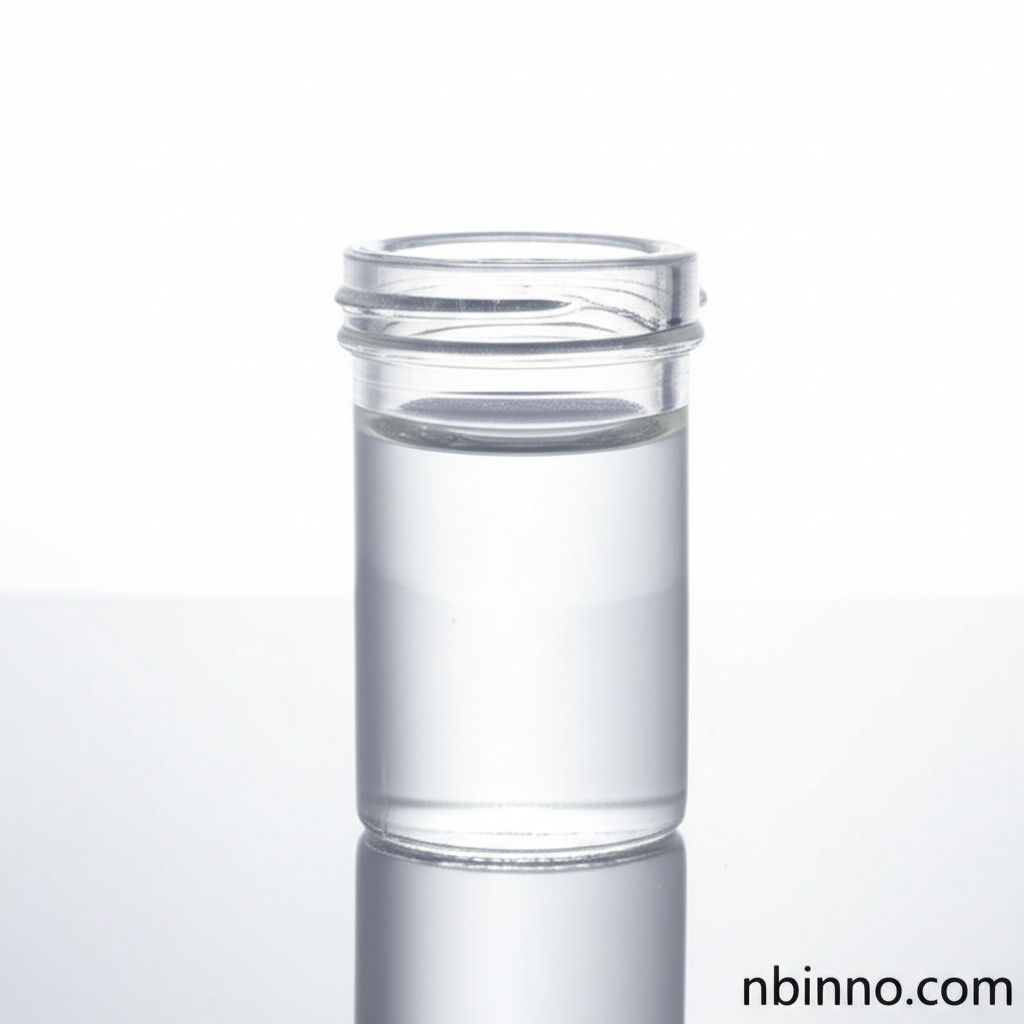1,3-Dichloro-1,3-Diphenyl-1,3-Dimethyldisiloxane: A Key Organosilicon Intermediate
Discover the essential properties, diverse applications, and trusted suppliers of this vital chemical compound.
Get a Quote & SampleProduct Core Value

1,3-Dichloro-1,3-Diphenyl-1,3-Dimethyldisiloxane
This high-purity organosilicon compound serves as a crucial building block in the synthesis of advanced materials and specialty chemicals. Its unique chemical structure allows for versatile reactions, making it invaluable in various industrial and research applications.
- Leveraging 1,3-Dichloro-1,3-Diphenyl-1,3-Dimethyldisiloxane CAS 3582-72-7 properties for specific material synthesis can lead to enhanced performance characteristics.
- The ability to buy 1,3-Dichloro-1,3-Diphenyl-1,3-Dimethyldisiloxane from reliable suppliers ensures consistent quality for your production needs.
- Understanding the various 1,3-Dichloro-1,3-Diphenyl-1,3-Dimethyldisiloxane suppliers is key to establishing a stable supply chain for your operations.
- Exploring the diverse siloxane intermediate applications reveals the broad utility of this compound in creating innovative products.
Key Advantages
Chemical Versatility
The reactive chlorine atoms and siloxane backbone provide excellent versatility for various chemical modifications, supporting numerous specialty chemical synthesis projects.
Material Performance Enhancement
Incorporating this siloxane into polymers or other materials can significantly improve thermal stability, weather resistance, and dielectric properties, aligning with advanced material precursors development.
Reliable Sourcing
Identifying and collaborating with trusted 1,3-Dichloro-1,3-Diphenyl-1,3-Dimethyldisiloxane suppliers ensures a consistent supply of high-quality material for both R&D and large-scale production.
Key Applications
Custom Synthesis
This compound is a foundational element for creating bespoke chemical structures, critical for custom synthesis projects in pharmaceutical and material science research.
Silicone Polymers
It can be used as a monomer or co-monomer in the production of specialized silicone polymers with tailored properties, contributing to the field of siloxane-based polymers.
Surface Modification
Its reactive nature makes it suitable for modifying surfaces to impart specific characteristics like hydrophobicity or improved adhesion.
Electronics Industry
Potential applications exist in the electronics sector as a component in encapsulants, coatings, or dielectric materials.
